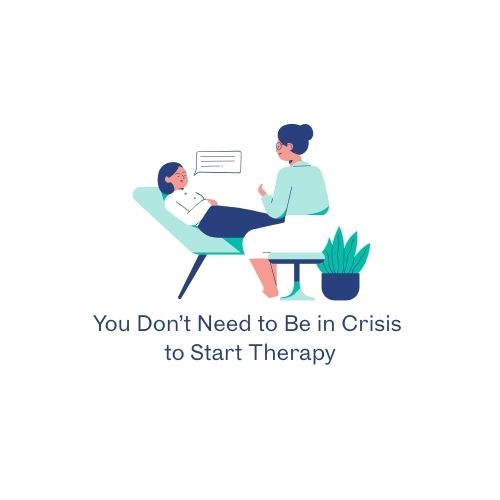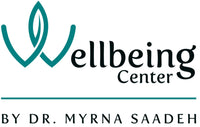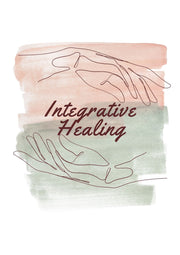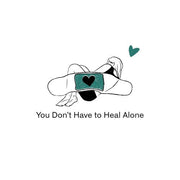You Don’t Need to Be in Crisis to Start Therapy

Therapy isn’t just for when life falls apart. Discover how working with a therapist can support your emotional growth, clarity, and resilience—even when you're not in crisis.
There's a common belief that therapy is only for those in deep distress. Many wait until they’re on the edge of burnout, a relationship is collapsing, or anxiety has become unbearable.
But therapy isn’t just for surviving.
It’s for growing.
It’s for clarity, connection, and becoming more yourself.
At Wellbeing Center, we encourage people to view therapy as a proactive step toward living with intention—not just a rescue mission when things fall apart.
The Therapy-Only-in-Crisis Myth
Many people hesitate to start therapy because they feel they’re “not struggling enough” or don’t have a dramatic reason. But here’s the truth:
You don’t need to hit rock bottom to benefit from therapy.
You just need curiosity, a desire for change, or the wish to understand yourself more deeply.
In fact, therapy works best when it’s not an emergency—it becomes a space of consistent support, reflection, and alignment.
What You Can Work on in Therapy (Even If You’re “Fine”)
Therapy can help you:
- Set healthy boundaries in relationships
- Improve emotional regulation
- Unpack old belief systems and patterns
- Make confident life decisions
- Process subtle trauma or inner tension
- Cultivate self-compassion and inner peace
You don’t need a diagnosis to deserve this work. You only need a willingness to explore your inner world.
Signs You May Benefit from Starting Therapy Now
You might not be in crisis, but you may notice:
- Feeling “stuck” or unmotivated
- Repeating the same conflict cycles in relationships
- High-functioning but emotionally exhausted
- People-pleasing or struggling with saying “no”
- Feeling disconnected from your true self
These subtle experiences are often the first signs that deeper work can bring lasting relief and empowerment.
Why Starting Therapy Before Crisis Builds Resilience
Think of therapy like preventative care.
Just like you visit a doctor before something becomes chronic, seeing a therapist now can help you build emotional tools that protect your wellbeing later.
Benefits include:
- Increased self-awareness
- Greater emotional literacy
- Learning how to self-regulate during stress
- Building trust in your own decisions
- Creating healthier relationships — with others and yourself
Therapy at Wellbeing Center: What to Expect
We create a safe, non-judgmental space where you can:
- Talk freely without fixing or performing
- Be held gently, even in your uncertainty
- Discover parts of yourself you didn’t know needed healing
Our therapists use integrative methods, from CBT and trauma-informed therapy to mindfulness, breathwork, and more—tailored to your needs and pace.
Final Thought
Therapy isn’t a last resort.
It’s a sacred act of self-responsibility.
It’s choosing to understand rather than suppress.
It’s saying, “I matter. My emotional wellbeing matters.”
Whether you’re struggling, curious, or simply seeking growth, therapy can support you — not just to survive, but to thrive.
Call to Action
Curious about starting therapy?
Book your first discovery session with Dr. Myrna.






